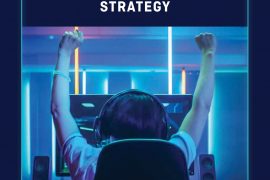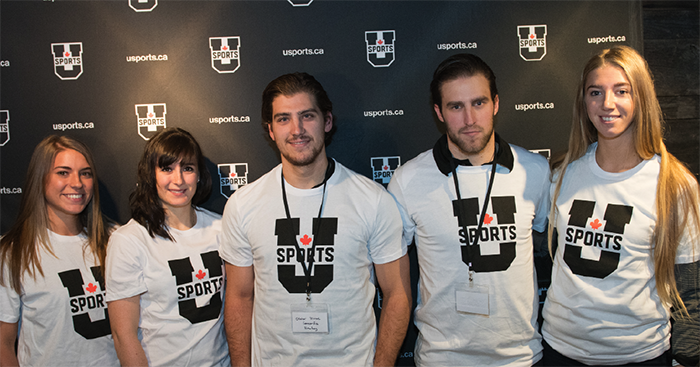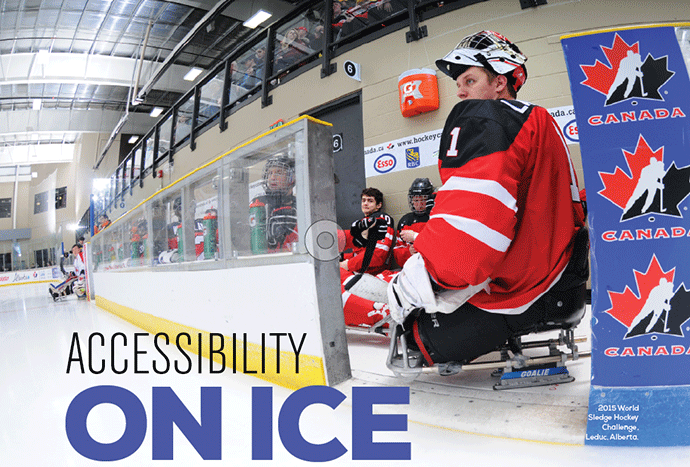Greg Henhawk is a Mohawk of the Bear Clan from Six Nations of the Grand River First Nation in Southern Ontario. Recently retired after 32 years as a secondary school teacher and sports coach, Henhawk is a mentor and workshop facilitator, a founding board member of the Coaches Association of Ontario, manager of Indigenous projects for Canadian Sport For Life, and a Master Learning Facilitator for the Aboriginal Coaching Modules, Basketball Canada and Multisport National Coaching Certification Program (NCCP).

How do your workshops help participants create strategies to include Indigenous participation in sport, recreation and physical activity?
The workshops I deliver focus on cultural awareness and leadership management training using a holistic and interactive approach. They can and often do, create connections between sport, life lessons and Truth and Reconciliation. A key message is to make sport, physical activity and everyday life more inclusive. We put kids in sports hoping they’ll learn qualities such as leadership, time management, socialization and how to handle stress. Many people want to be active, but not necessarily in formal sports. The lessons shared in my workshops are truly holistic and apply to life not just sport, recreation and physical activity.
One of my missions is to explore what is Truth and Reconciliation from multiple perspectives, why these programs are needed, and how sport, recreation and physical activity can move the process forward. I’m passionate about being able to build and move a few steps forward on a long journey.
What steps can be taken by those involved in mainstream sport event hosting?
Seek dialogue with different organizations, whether it’s Sport For Life, the Aboriginal Sport Circle or the Coaching Association of Canada. There are also many friendship centres that are open to everyone, including the National Association of Friendship Centres as well as Indigenous student centres at universities and colleges. I think there are lots of opportunities for people to ask questions in a welcoming environment.
Favourite part of the job?
I’ve been so fortunate to have visited Indigenous communities in every territory and province, making friends and seeing the smaller communities from all cultures, in what I would call the real Canada.
Proudest career moment?
Reconnecting with the young people I met through my teaching and coaching career, and receiving the National NCCP Coach Developer Award from the Coaching Association of Canada. It isn’t so much an award for me; it is recognition of my First Nations life lessons, which shape my delivery style. It represents having the voice of Indigenous people heard and respected.



